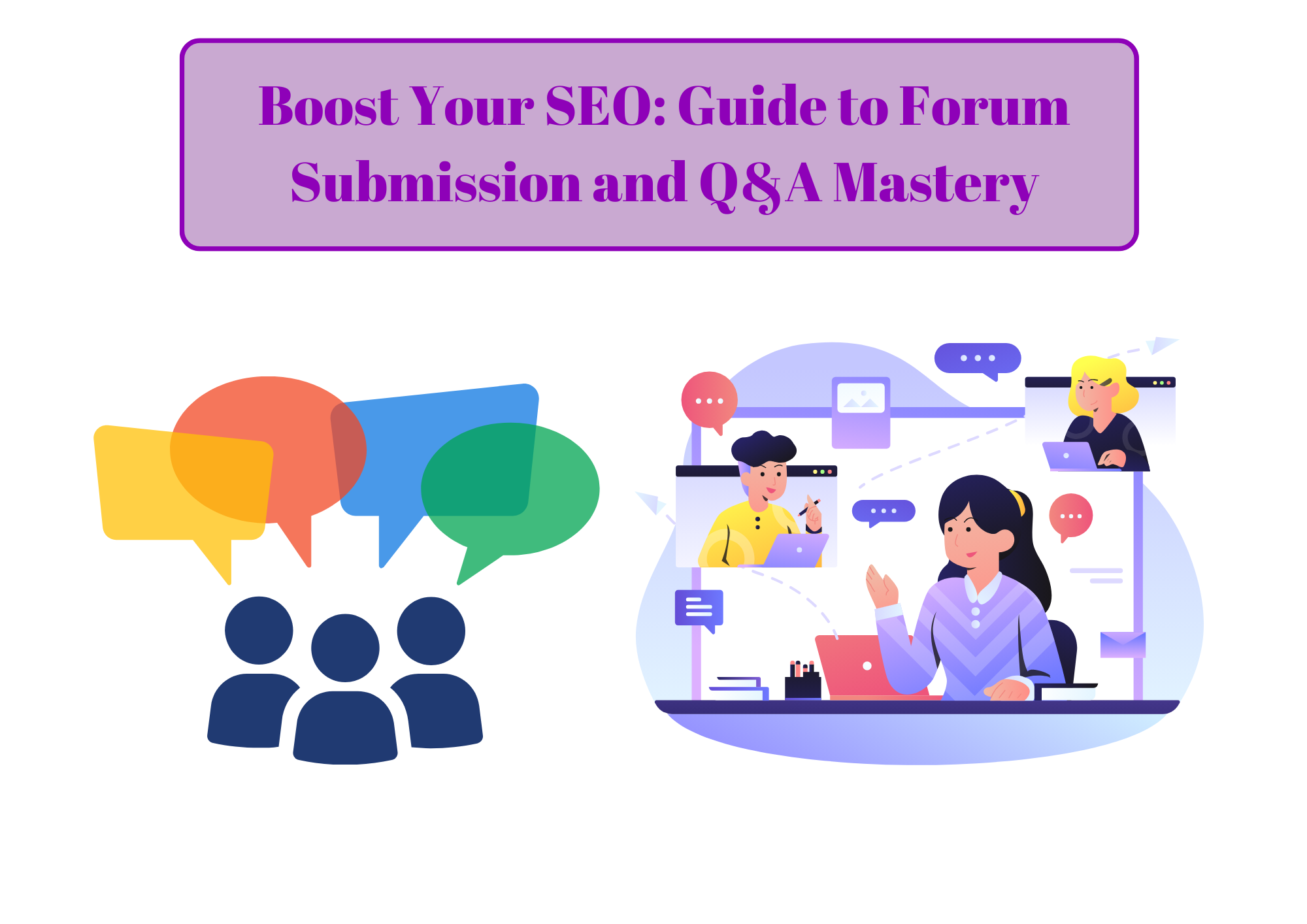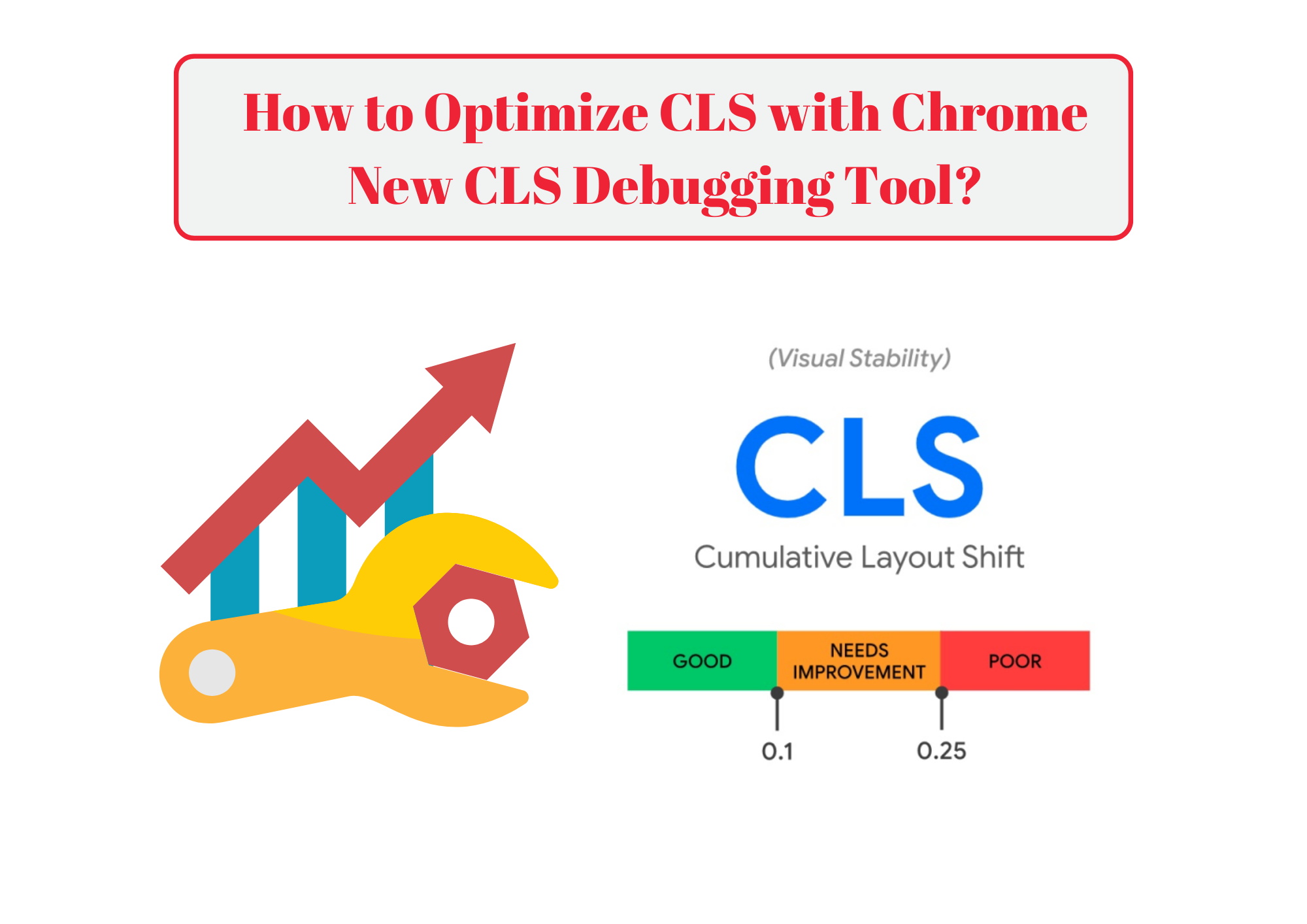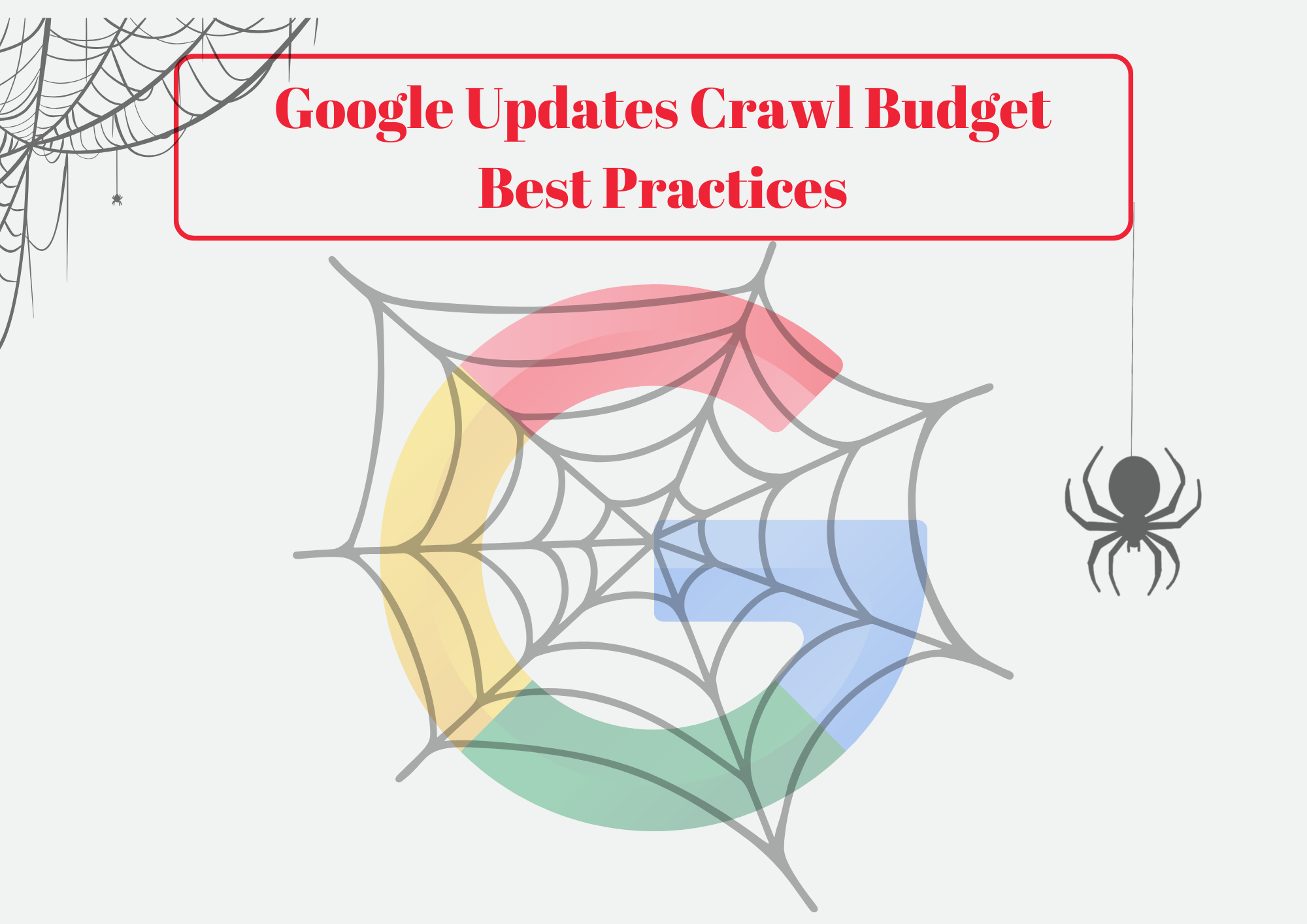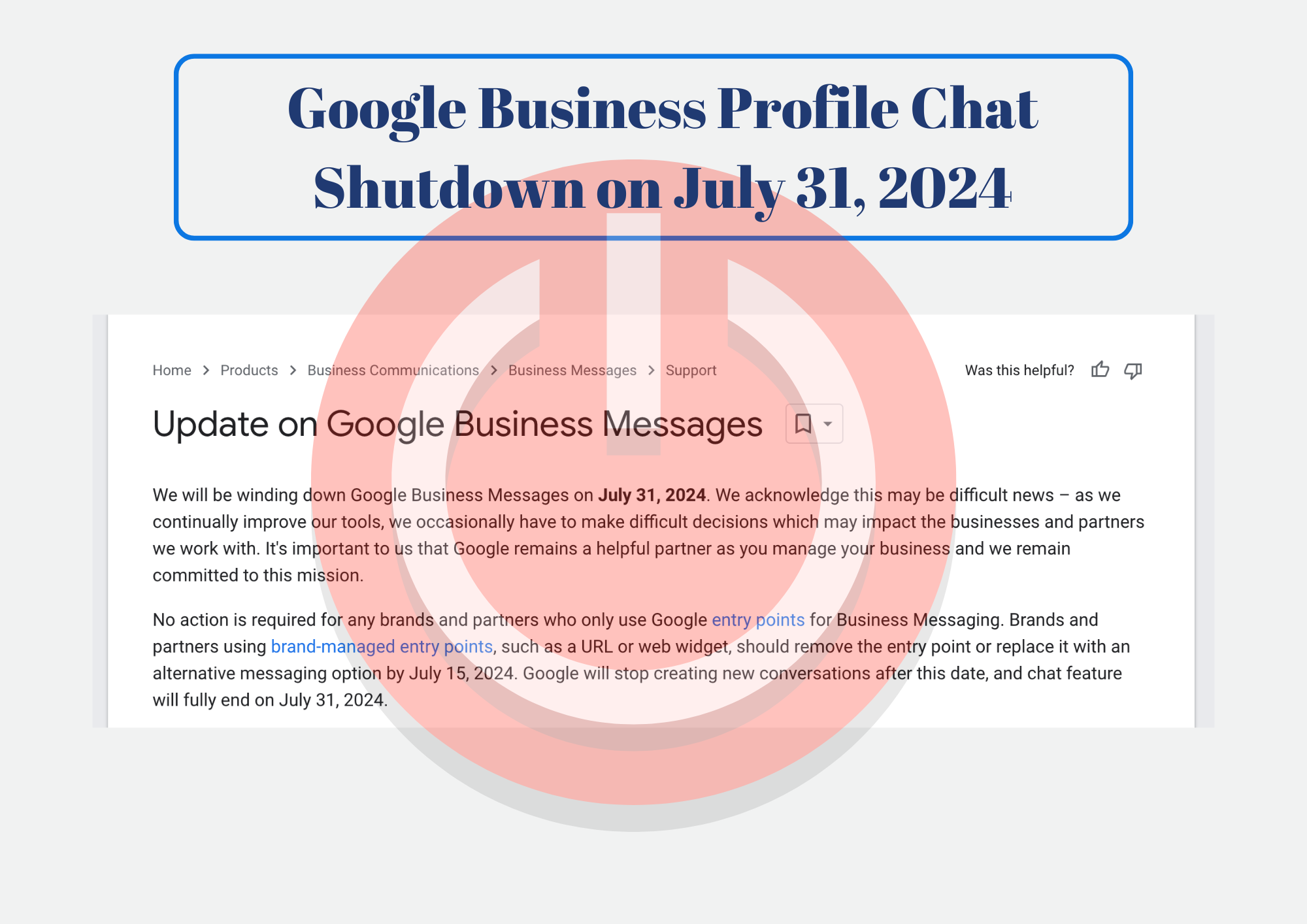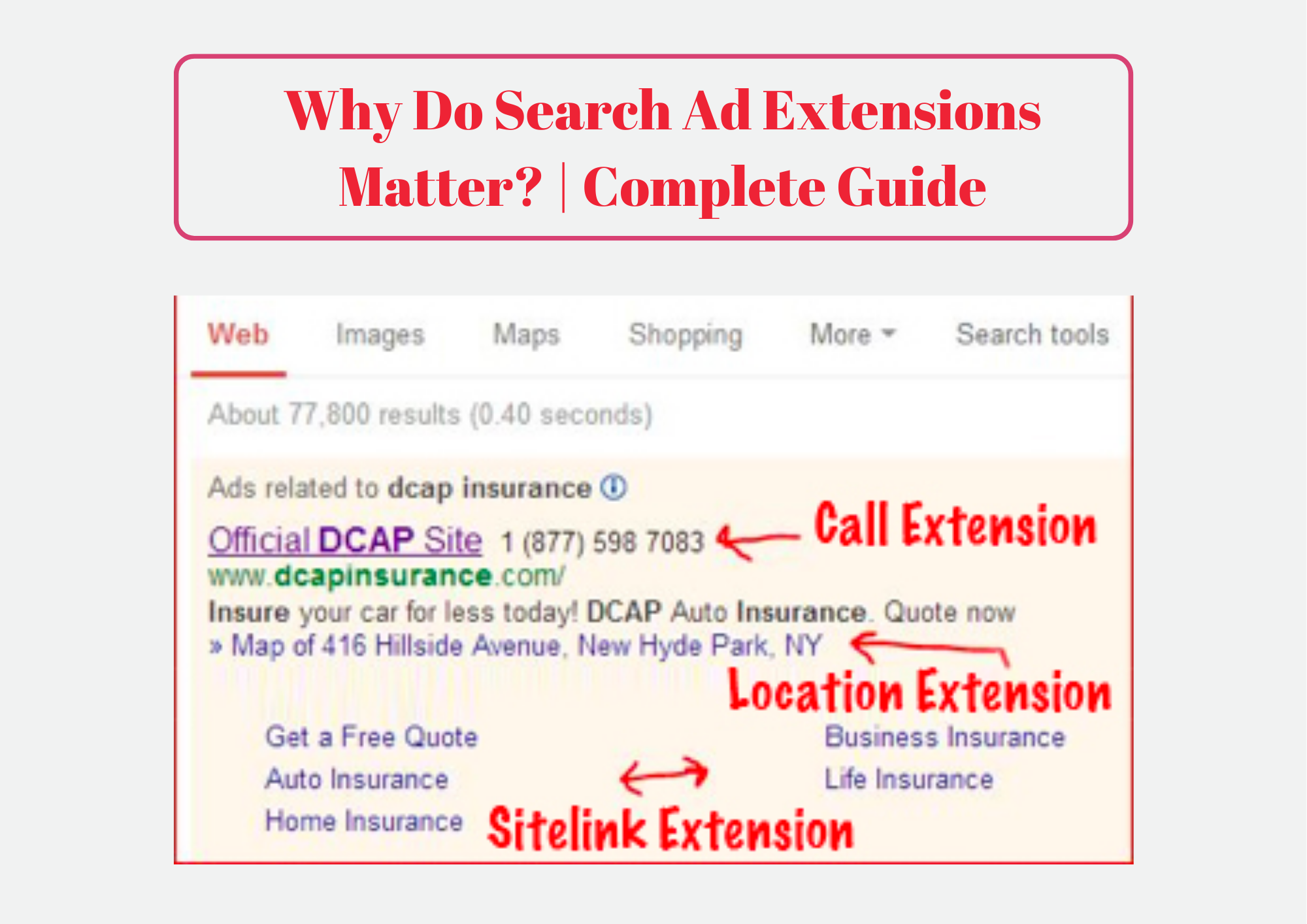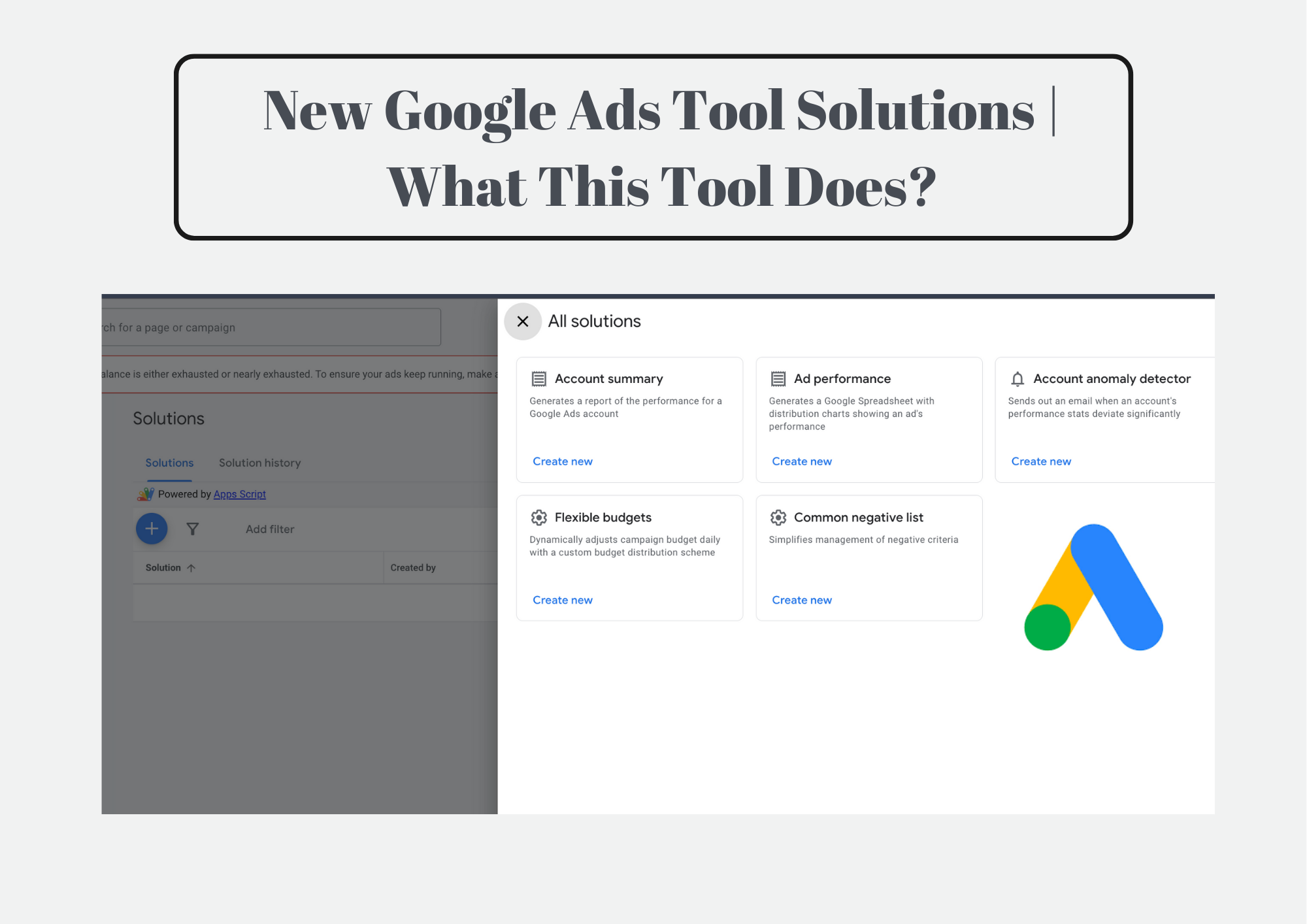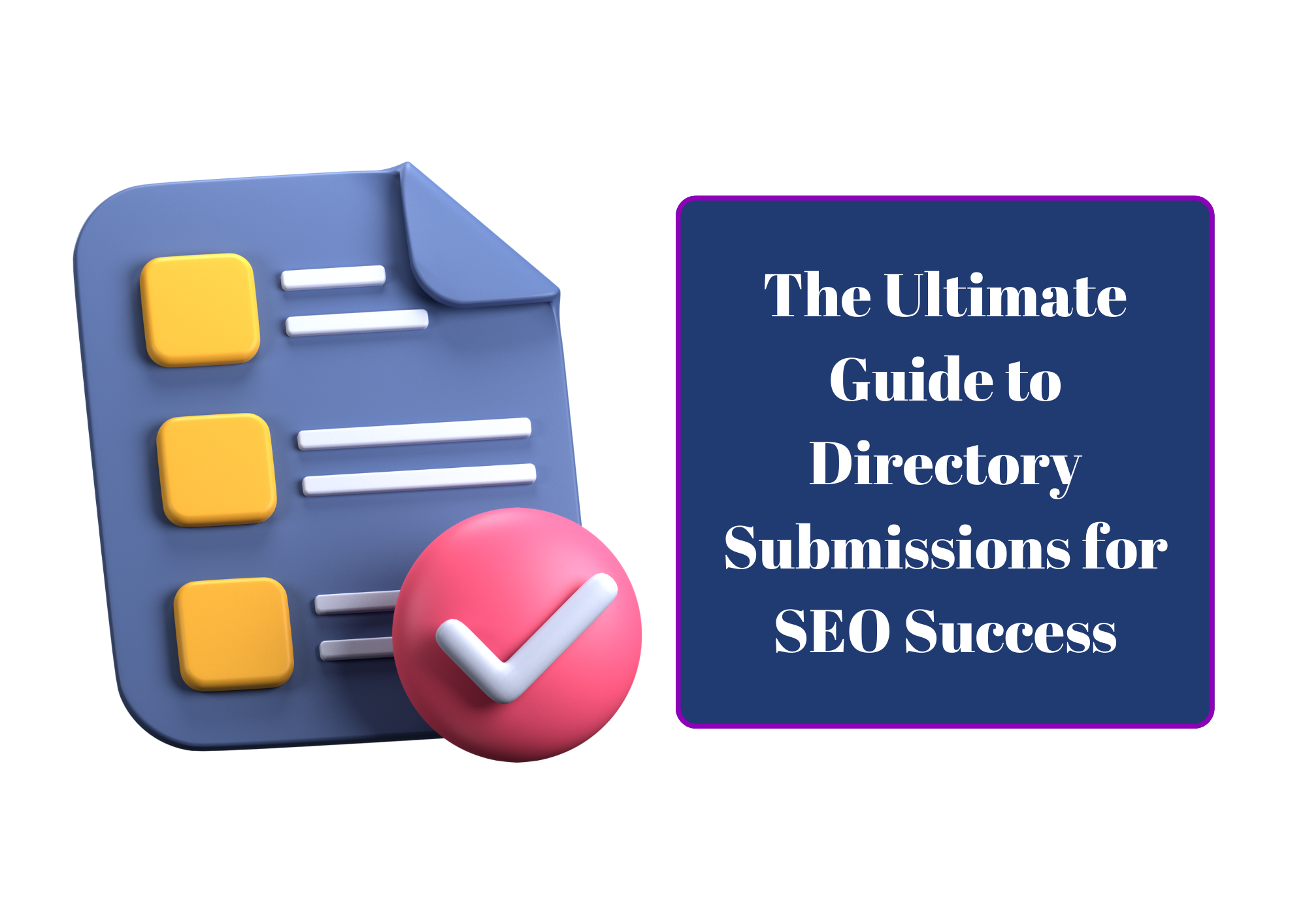
In the competitive landscape of online visibility, search engine optimization (SEO) reigns supreme. While building high-quality backlinks remains a cornerstone of SEO success, directory submissions offer a valuable, often overlooked, approach to acquiring valuable links and enhancing your website’s authority.
How Directory Submissions Work:
Directory submissions involve listing your website in relevant online directories, categorized by industry, niche, or location. Think of it as submitting your website’s business card to a diverse online network, increasing its discoverability and attracting potential visitors.
Benefits of Niche Directories:
While targeting generic directories might seem tempting, focusing on niche directories offers significant advantages:
- Improved Relevancy: Align your website with directories your target audience frequents, boosting the quality of traffic you attract.
- Enhanced Domain Authority: Links from high-authority niche directories contribute significantly to your overall domain authority, a key SEO ranking factor.
- Local SEO Advantages: Local directories are crucial for local businesses, improving search visibility within your specific geographical area.
Choosing the Right Directories:
Navigating the vast directory landscape requires a discerning eye. Here’s how to identify the gems:
- Domain Authority (DA): Prioritize directories with high DA scores (Moz DA, Ahrefs DR) as they hold greater weight with search engines.
- Spam Score: Steer clear of directories with high spam scores, as they can negatively impact your SEO standing.
- Relevancy: Ensure the directory aligns with your niche and target audience. Misaligned submissions offer little value.
Optimizing Your Submissions:
Crafting compelling descriptions and titles is crucial for attracting clicks and maximizing visibility:
- Compelling Titles: Craft clear, concise titles that accurately represent your website and incorporate relevant keywords.
- Engaging Descriptions: Hook readers with informative and interesting descriptions that highlight your unique value proposition.
- NAP Consistency: Maintain consistent Name, Address, and Phone (NAP) information across all directories for local SEO benefits.
- Natural Language: Avoid keyword stuffing and unnatural language, prioritize clarity and user-friendliness.
Monitoring and Maintaining Your Listings:
Don’t just submit and forget! Regular maintenance is key:
- Update Information: Ensure your business information and listings remain accurate and current across all directories.
- Blacklist Removal: Identify and remove any listings from blacklisted directories to protect your SEO health.
- Track Effectiveness: Monitor the impact of directory submissions on your website traffic, rankings, and other SEO metrics.
Advanced Strategies:
Unlock the full potential of directory submissions with these advanced techniques:
- Local Directories: Leverage local directories for enhanced local SEO visibility and attract customers within your geographical area.
- Link Building Outreach: Reach out to high-authority directories in your niche for potential link-building opportunities.
- Stay Updated: Be mindful of evolving Google algorithm updates and best practices to maintain optimal SEO performance.
Key Takeaways:
- High-quality, relevant directory submissions can significantly enhance your SEO efforts.
- Prioritize quality over quantity, focusing on niche directories with high DA and low spam scores.
- Craft compelling descriptions and titles, avoid keyword stuffing, and maintain NAP consistency.
- Regularly monitor and update your listings, track their effectiveness, and adapt to algorithm changes.
Google Updates related to Directory Submission
Panda (2011): This update targeted low-quality websites with thin content, keyword stuffing, and poor user experience. While not directly focused on directory submissions, it emphasized the importance of high-quality content and website structure, which applies to the descriptions and titles you create for your submissions.
Penguin (2012): This update penalized websites with unnatural link profiles, including those built through spammy link-building schemes. While directory submissions can be a legitimate way to build links, it’s crucial to avoid low-quality directories with high spam scores, as these could negatively impact your SEO due to Penguin and similar updates.
EMD (Exact Match Domain) Update (2016): This update devalued the ranking power of exact-match domains, making it less effective to simply target generic directory names based on your keywords. It emphasizes the importance of building a strong brand and website reputation independent of keywords.
Mobile-First Indexing (2018): This update prioritized mobile-friendly websites in search results. When choosing directories, ensure they are mobile-friendly and display your website information accurately on both desktop and mobile devices.
Core Updates (Ongoing): Google regularly releases broad core updates that aim to improve the overall quality and relevance of search results. While not targeting directory submissions specifically, these updates emphasize user experience, content quality, and website trustworthiness, factors relevant to the effectiveness of your submissions.
While directory submissions can still be a valuable SEO tactic, it’s crucial to stay updated on Google algorithm updates and prioritize quality over quantity. Focus on high-authority, relevant directories, create compelling descriptions and titles, and ensure your website offers a positive user experience for both desktop and mobile users.
Directory Submission Tools: Free vs. Paid Options
The good news is that you have both free and paid options available for managing your directory submission process. Let’s explore both:
Free Tools:
- Manual Submission: The most budget-friendly option, submitting to directories directly requires dedication and organization. Utilize spreadsheets or project management tools to track progress and details.
- Scraped Lists: While readily available, be cautious of outdated or low-quality directory lists. Verify each directory’s legitimacy and relevance before submitting.
- Community-Curated Lists: Online forums and communities often share curated lists of high-quality directories. Research their reputation and suitability before using.
Paid Tools:
- SEO Software: Many SEO platforms offer directory submission features, often as part of broader link-building modules. Popular options include Moz Pro, Ahrefs, SEMrush.
- Directory Submission Services: These services handle the submission process for you, typically charging per submitted directory. Evaluate their target directories, success rates, and pricing structures before investing.
Choosing the Right Option:
- Start with Free Tools: For small websites or budgets, manual submission and curated lists offer a starting point. Be prepared for time investment and research.
- Consider Paid Tools for Efficiency: As your website or workload grows, paid tools can save time and effort, especially with automated submission features. Evaluate their cost-effectiveness against your needs.
- Do Your Research: Regardless of the chosen method, conduct thorough research on each directory before submitting. Prioritize quality and relevance over quantity.
Important Tips:
- Combine Both Strategies: Leverage free resources for initial submissions and explore paid tools for larger scale or time-saving needs.
- Avoid Blacklisted Directories: Investing in reputable tools or lists helps minimize the risk of submitting to harmful directories.
- Focus on Quality: Prioritize high-authority, niche-relevant directories over generic or low-quality ones for maximum SEO impact.

